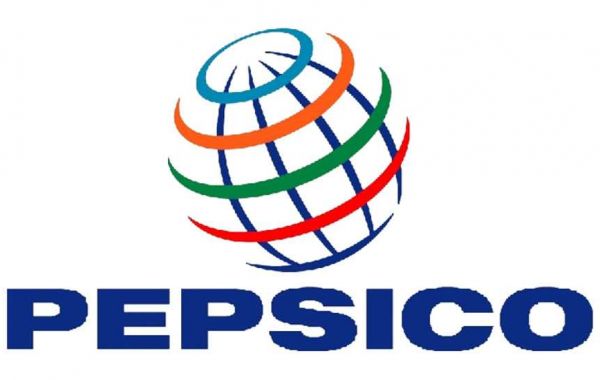It is very important to learn success stories of large international corporations in order to get to know how business mechanisms actually work. In fact, many of such corporations are started by regular people, those who do not have too much money to invest, and by regular workers with very little capital. It is the story of “Pepsi”; this is the name of the drink, known by everybody in the world now. Its story began in 1893, 120 years ago, and it was started by pharmacy owner Caleb Bradham and named “Brad's Drink” at that time. Later, the drink was named “Pepsi-Cola” after two ingredients - kola nuts and pepsin. Ten years later, the inventor of the drink had to rent a special warehouse to bottle the drink. Afterwards, sales reached almost 20000 gallons. During the Great Depression, mainly due to significant sugar price changes, PepsiCo went bankrupt, and the trademark was sold to Roy C. Megargel. This new owner did not succeed and soon had to resell the enterprise to Charles Guth, an owner of a series of stores, who had a dream to replace Pepsi-Cola with an alternative after unsuccessful negotiations with Coca-Cola, which refused to provide him with the desired discount. This owner changed the formula of the drink. Coca-Cola had numerous chances to purchase PepsiCo in the early twentieth century, but it turned down all of them. Pepsi-Cola has been becoming popular all over the world. Therefore, the board of directors have made up their minds that if there is more money to be made, such an opportunity should not be missed, and the company should go global.
However, there was another reason for Pepsi to go global. Since the very beginning of their creation, PepsiCo and Coca-Cola have been competing with each other. This competition was tough for Pepsi, since for 112 years, Coca-Cola had been making better progress. It produced more successful products than the ones offered by PepsiCo. In order to change this situation, Pepsi had to go global officially. In 2005, the goal was achieved, and the volume of sales of both companies evened. In 2009, the share of PepsiCo became even larger.
The company owns a number of brands in various countries. In the process of globalization, it is important for PepsiCo to do its best in order to consider the interests of all ethnic groups living in the regions where its products are represented. It is the key element of the company’s international success.
Going global was both important and necessary for the company. Taking into consideration the popularity of the products offered by the company and the ever-growing demand for the ones, PepsiCo had no other choice, but to go global. On the other hand, this step gave the company a chance to substantially increase its sales, and, therefore, its potential income. There is hardly any company, which will turn down such a bright opportunity. Thus, PepsiCo did not either.
To go global, PepsiCo took into consideration local peculiarities. The latter were not only considered when forming a product list, but also when working on advertisements. Advertisement campaigns have been different for different countries.
Just like many other companies, PepsiCo had major benefits from going global. It is hardly possible to mention at least one negative factor of globalization for the company. Maybe it got harder to control. However, this is what always happens when a business grows. One should not start it, if difficulties of this sort frighten him or her. This complexity is a very good sign for any devoted businessman.
If the article was cognitive for you, proceed to read another fresh essay from professional writers on our web. Most of the articles are written by Barbara Stone, a professional writer.









Jay Orban 3 yrs
The 2 powerhouses of the beverage industry. Good move by Pepsi.